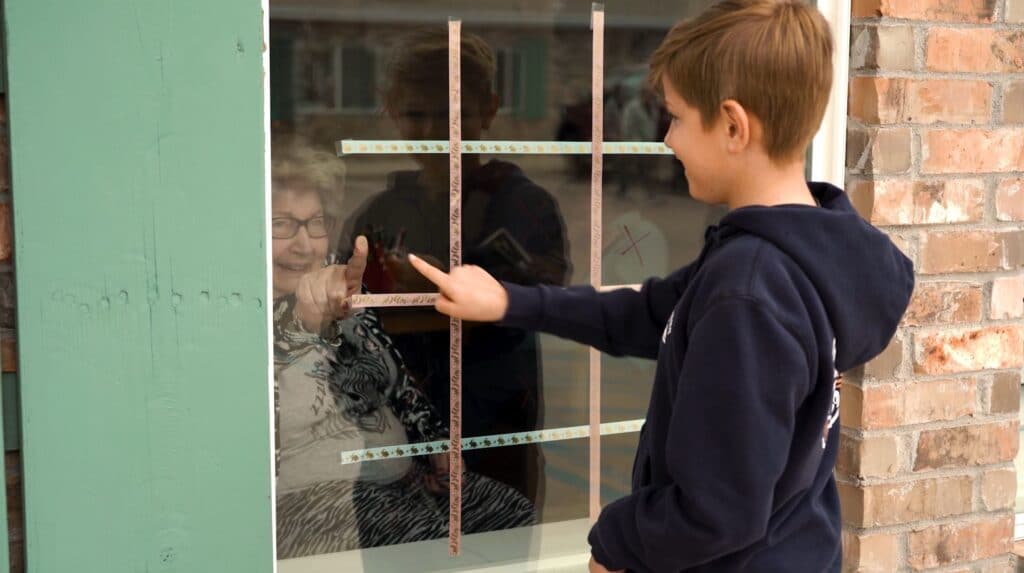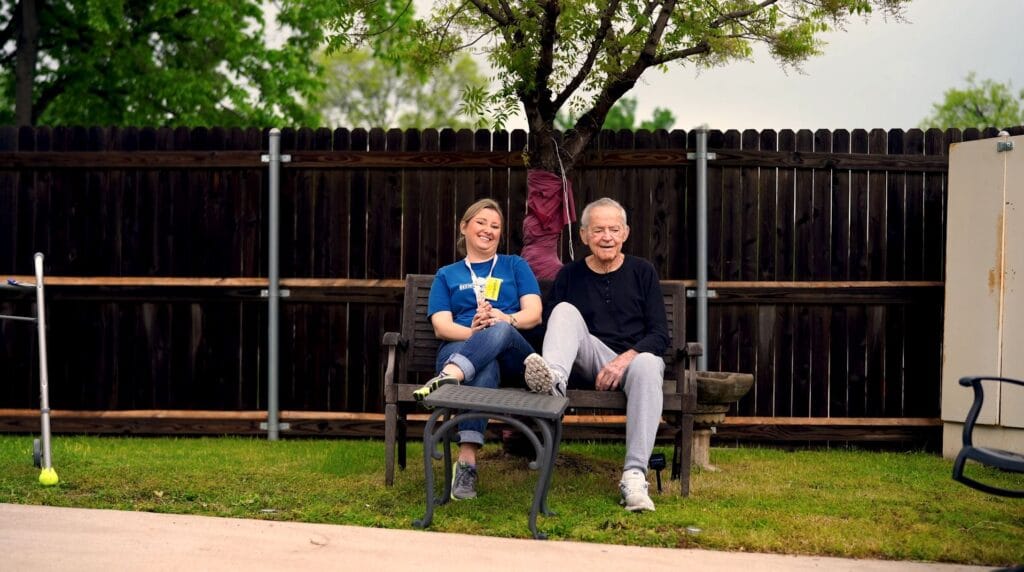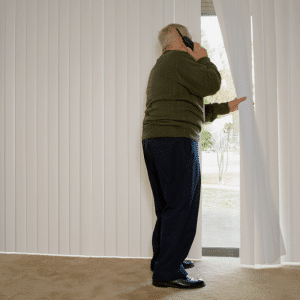Communication Across the Generations
How often have we heard someone who is younger comment about their difficulty in communicating with an older relative or friend? Has it been way too long since our last meaningful conversation with our younger friends and family members? This concern is becoming more common as technology progresses. Newer forms of staying connected through communication is also increasing. It appears there is an amount of push back from younger generations that are not able to understand why it might be difficult for those of us who are aging to be able to make the jump between two seemingly different worlds. So how do we bridge this communication gap that only seems to be widening?
Moving at the Speed of Life - Not Light
First, it's important to remember that our younger counterpart is most likely not trying to make us upset or ignore us. The speed of life has reached an all time high! Communication today is almost instantaneous and patience seems to be a lost virtue. It is not only common now, but also expected that everyone moves along at this fast pace. They juggle more than they ever have before. Calendars are jammed packed with Zoom (virtual) meetings and phone calls, interrupted by text messages, emails and snap chats.
It can be incredibly stressful to live under that pressure today. When we speak with those living in this high stress, fast-paced world, try inquiring about how they are feeling with this pressure. Express understanding about how stressful it must be for them. One approach that can help bring you closer is to let them know they always have you. They have a place and time where they can speak to you in person in a much calmer environment. That alone may be enough for them to look forward to visiting or calling more often.
Remain Calm - They Love Us
Second, it's important to remain calm when speaking about any difficulty we are having with anyone. Especially with someone coming from a very different perspective or life experience. Even if we have a good point to make, it comes across much better if we are calm when stating our opinion than if we are already angry. So, when we need to approach our friend and loved one, try to remember to stay calm as we say, “I've tried to call you a number of times, but I haven't heard from you in weeks.”
Change is the Only Constant
Third, recognize that they may not be used to communicating in some of the ways we are accustomed to communicating. Such as using the phone or visiting in person. Along with everything else in our world, means of communications have been changing at an alarming rate. These days people are far more used to communicating via text message, email or Facebook than through letters or even calls on the telephone. Staring at a screen is the new norm. Eye contact seems to be a lost art.
Whatever our opinion is of this change in communication and society, it is a reality, at least for now. So, if we're really wanting to stay in touch with someone, be sure to ask them about the best time to contact them and the best way to reach them. I've met many grandparents who started an Instagram account just so to be better connected to their grandchildrens' lives (as their parents post numerous pictures of them on Instagram).
Put Down the Phone - Connect by Disconnecting
Finally, if you have a younger friend who visits or calls regularly, be sure to let them know how much you appreciate them and their time. Encourage them to take time to disconnect from the hectic communication forms that are prevalent in today's world. Put the smart phone down and breath! As they learn how to engage more fully with the people they are with, they will be appreciative of you and you're helping them to connect by disconnecting.
Everyone can learn from previous generations! While we need to learn more about the technology of today's world and the forms of communication that comes with it, there are also a few things that we can teach others about the closeness that comes from older forms of communication. Communicating (and the building of meaningful relationships) is not, nor has it ever been, easy and requires our effort. It is, however, worth it for those that pursue genuine relationships.
If you have enjoyed this article, try reading a few of our other posts. A related article about the benefits of good communication is Overcoming Loneliness.



 I don't have the answers for ensuring that we don't lose connection from one another. It does begin with us, though. We can start by setting aside 30 minutes & calling to schedule a visit with someone we love. Visit an elderly friend or relative & bring them a snack & listen to their stories from long ago. If you're unable to visit, take time to make a call. Everyone talks about the busyness of life, yet many of those same people are on social media often, or know all about the latest episodes of their favorite television shows. If we have time for those less important endeavors, perhaps we do have the ability to make time for more important times of connection. It does require something from us, but the rewards far outweigh the sacrifice.
I don't have the answers for ensuring that we don't lose connection from one another. It does begin with us, though. We can start by setting aside 30 minutes & calling to schedule a visit with someone we love. Visit an elderly friend or relative & bring them a snack & listen to their stories from long ago. If you're unable to visit, take time to make a call. Everyone talks about the busyness of life, yet many of those same people are on social media often, or know all about the latest episodes of their favorite television shows. If we have time for those less important endeavors, perhaps we do have the ability to make time for more important times of connection. It does require something from us, but the rewards far outweigh the sacrifice. How often have you heard someone who is older comment about their difficulty in
How often have you heard someone who is older comment about their difficulty in  Finally, if you have a younger friend who visits or calls regularly, be sure to let them know that you appreciate them & their time. Encourage them to take times to disconnect from the hectic communication forms that are prevalent in today's world & learn how to engage more fully with the people they are with. Everyone can learn from previous generations & while we need to learn more about the technology of today's world & the communication that goes with it, there are also a few things that we can teach others about the closeness that comes from real communication.
Finally, if you have a younger friend who visits or calls regularly, be sure to let them know that you appreciate them & their time. Encourage them to take times to disconnect from the hectic communication forms that are prevalent in today's world & learn how to engage more fully with the people they are with. Everyone can learn from previous generations & while we need to learn more about the technology of today's world & the communication that goes with it, there are also a few things that we can teach others about the closeness that comes from real communication.